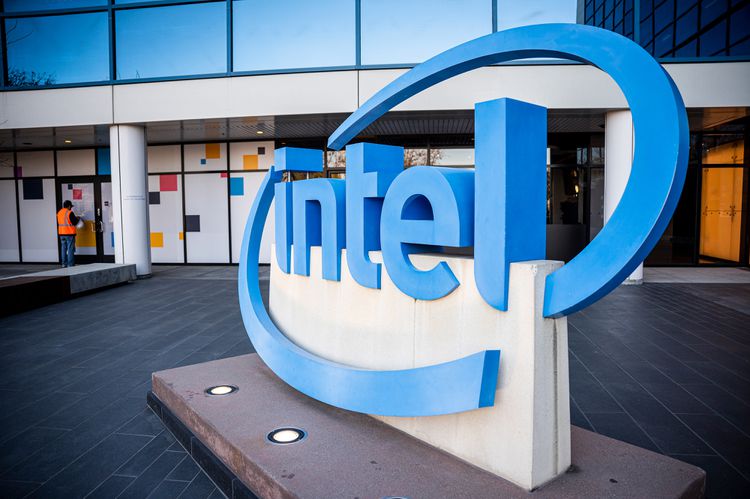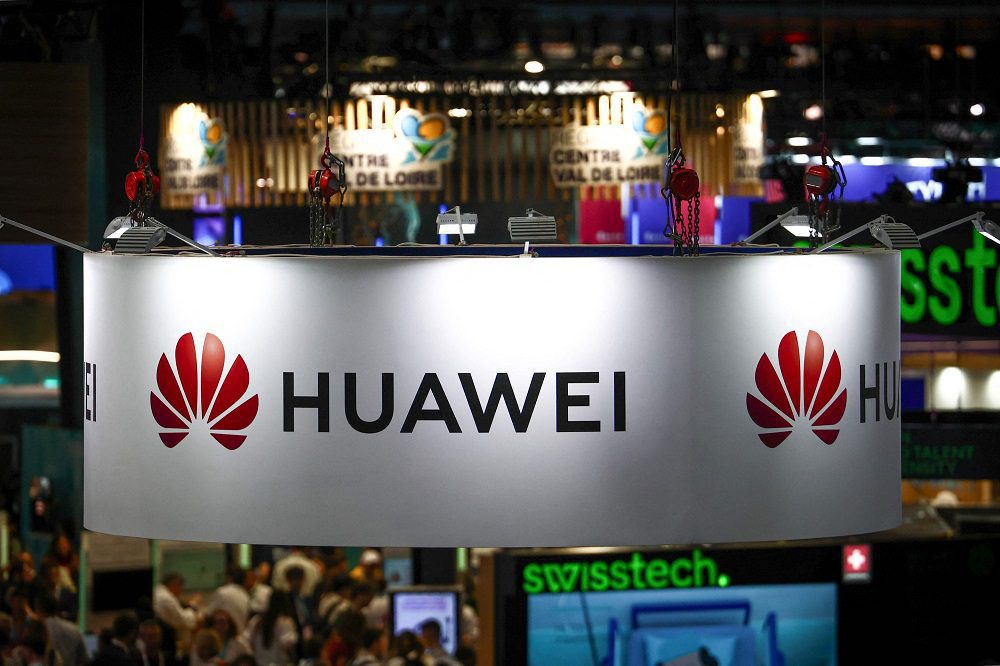
Samsung Announces Multi-Billion Dollar Investment in South Korea’s Chip-Making Plan
The South Korean government has recently announced a $230.8bn investment plan to develop a mega semiconductor hub in the country. This investment plan is part of the country’s push to become an international leader in the semiconductor industry. This move has been met with mixed reactions from industry players due to the US policy on semiconductors, the Chips Act, and China’s response to US export controls. In this blog, we will discuss the implications of Samsung’s investment in the South Korean mega chip-making plan.
Samsung Plans For Investment In Chip Making
Samsung has announced plans to invest 300tn won ($230.8bn; £189.6bn) in chip making by 2042, with the majority of the investment going towards building five new factories.
With this massive investment into chip making, Samsung will be able to expand its production capabilities, potentially leading to new innovations in the industry and potentially shifting the balance of power between chip makers. Samsung has not yet announced the locations of these new factories, but it is likely that they will be spread across different geographical regions to take advantage of the best local resources and talent.
This massive investment from Samsung will have a huge impact on the chip making industry. It is likely that this will lead to an increase in competition and lead to new products being released at lower prices. In addition, it is likely that Samsung’s investment will spur innovation, as more companies look to develop new and better chips.
The potential benefits of this investment include increased competition, lower prices and new innovations. The potential risks include increased costs due to the need for more resources and personnel, as well as potential delays in production due to unforeseen problems.

The Chips Act
The Chips Act is a US policy on semiconductors that was enacted in 2018 as part of the US’s efforts to protect its domestic semiconductor industry. This policy imposes export controls on certain products and technologies that could potentially be used by foreign countries to create weapons of mass destruction, including semiconductors.
The consequences of the Chips Act have been far-reaching, especially for businesses that rely on the export of semiconductors and other components. For example, businesses have had to go through a lengthy licensing process and comply with stringent regulations in order to be able to export products and technologies that are subject to the Chips Act. This has made the US less attractive as an investment option for many businesses, especially those based outside of the US.
China’s Response to US Export Controls
China has taken a strong stance against the US’s policy on semiconductors. In response to the Chips Act, China has characterized the US as a tech hegemony and accused it of using its export controls as a tool to gain control over global technology markets. In addition, China has imposed its own export controls on US-made semiconductors and other components in an attempt to counter the chips act.
The Chinese government’s response to US export controls has had a significant impact on global technology markets. Many companies have had to shift production away from China in order to avoid being affected by Chinese export controls. This has led to slower growth in some technology markets, as well as higher prices for components and products due to increased demand in other markets.
In comparison with other countries, China’s response to US export controls has been relatively aggressive. Countries such as Japan and South Korea have taken a more measured approach, with both countries having imposed their own export controls in response to the Chips Act but not going as far as China in terms of retaliation.
Conclusion
This massive investment from Samsung is likely to have a huge impact on the chip making industry, with potential benefits including increased competition, lower prices and new innovations. However, there are also potential risks associated with this investment such as increased costs and delays in production.
Samsung’s investment in the South Korean mega chip-making plan is an important step towards establishing South Korea as an international leader in the semiconductor industry. The investment plan is expected to bring about significant economic growth for South Korea over the next two decades. However, it is important to keep in mind the implications of US policy on semiconductors and China’s response to US export controls when considering investing in South Korea’s semiconductor industry.
Overall, Samsung’s investment in the South Korean mega chip-making plan is likely to have a positive impact on the economy of South Korea. The investment plan is expected to create jobs, attract foreign direct investments, and boost exports as well as domestic consumption. By 2042, it is estimated that South Korea will have invested $230.8bn in its push to become an international leader in the semiconductor industry.



